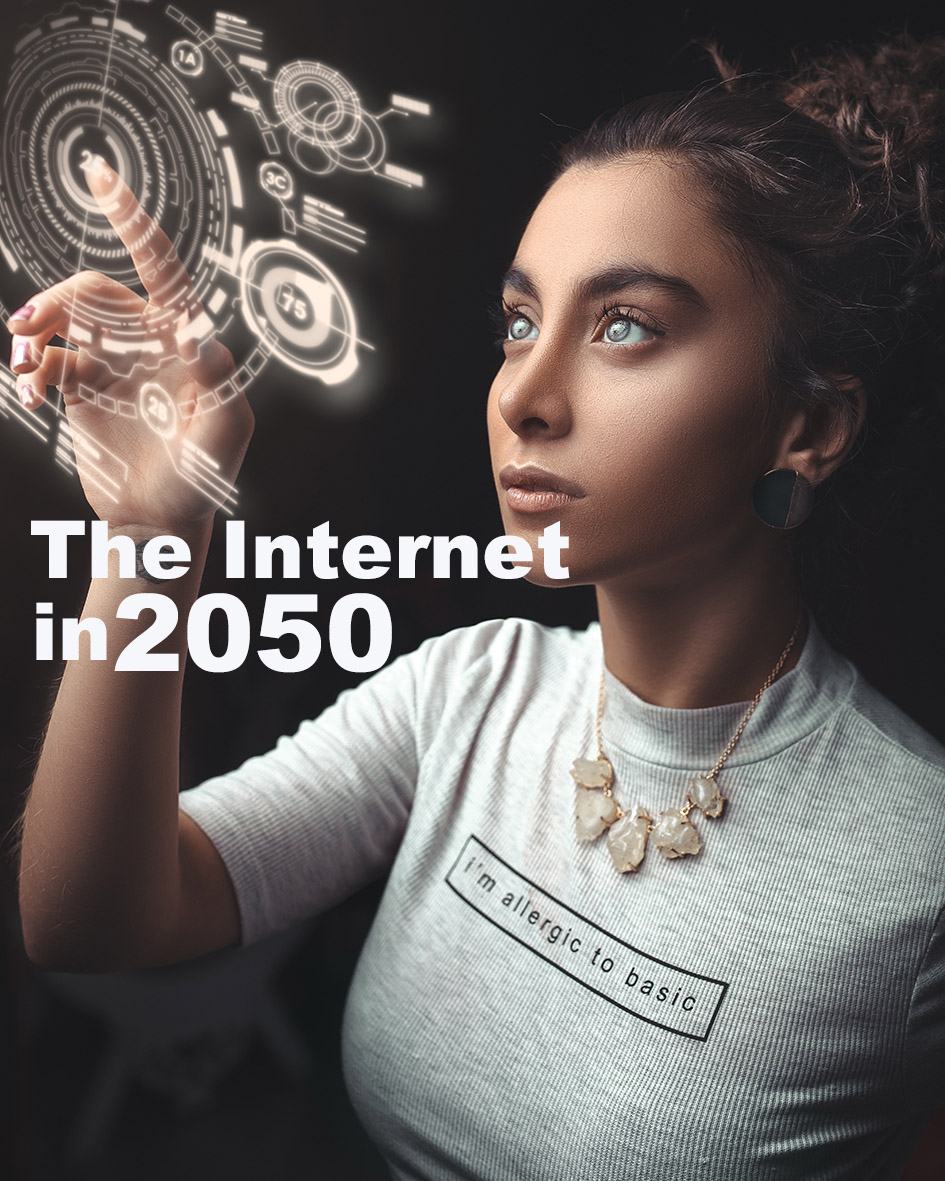The internet has revolutionised the way we live, work, and communicate, but what does the future hold for this technological marvel? In this blog post, we will delve into the potential future scenarios and explore the possibilities that await us in the coming decades. While we can’t predict the future with absolute certainty, we can examine current trends and emerging technologies to speculate on what the internet might look like in the years to come.
1. The Future of the Internet:
The internet is constantly evolving, and its future promises even greater advancements. With the rapid growth of artificial intelligence, the internet will become more personalised and intuitive. It will anticipate our needs, delivering tailored content and services, making our online experiences seamless and efficient.
Moreover, the internet of things (IoT) will play a significant role. Our devices will be interconnected, enabling us to control our homes, appliances, and transportation systems remotely. From smart homes to autonomous vehicles, the internet will be the backbone of a fully integrated and interconnected world.
2. The Internet in 2050:
Looking several decades ahead, the internet in 2050 will likely be unrecognisable compared to what we have today. One of the most prominent transformations will be the advent of 6G, the next generation of wireless technology. With blazing-fast speeds and incredibly low latency, 6G will revolutionise industries such as healthcare, transportation, and entertainment.
Additionally, virtual and augmented reality (VR/AR) will become ubiquitous, transforming how we interact with the internet. Imagine attending virtual meetings, exploring immersive digital worlds, and even having real-time holographic conversations with people across the globe.
3. The Internet in 10 Years:
Predicting the internet’s state in just a decade is challenging, but we can anticipate some trends. One notable aspect will be the rise of blockchain technology. As blockchain becomes more refined and scalable, it will enhance security, transparency, and trust in online transactions, revolutionising industries like finance, supply chain management, and healthcare.
Furthermore, we can expect significant progress in the field of quantum computing. Quantum computers have the potential to solve complex problems exponentially faster than traditional computers. This advancement will have far-reaching implications for various fields, including cryptography, drug discovery, and weather forecasting.
4. What Will Replace the Internet?
While it is difficult to envision a complete replacement for the internet, alternative networks and technologies might emerge. One possibility is the development of a decentralised internet infrastructure. Projects like the InterPlanetary File System(IPFS) and blockchain-based networks aim to create a more distributed and resilientinternet architecture, reducing reliance on centralised servers.
Moreover, innovations like satellite internet and mesh networks could provide internet access to remote areas where traditional infrastructure is lacking. These alternative solutions may coexist with the current internet, offering greater diversity and accessibility.
The future of the internet holds immense potential for transformative advancements. From personalised AI-driven experiences to the integration of IoT and the proliferation of VR/AR, the internet will continue to shape our lives in remarkable ways. While we cannot predict every development with certainty, staying informed about emerging technologies and trends will empower us to adapt and thrive in the digital landscape of the future.
Remember, the future is not set in stone, and the true possibilities may exceed our current imagination. So, embrace the ever-evolving nature of the internet and prepare for a future where connectivity and innovation know no bounds.

